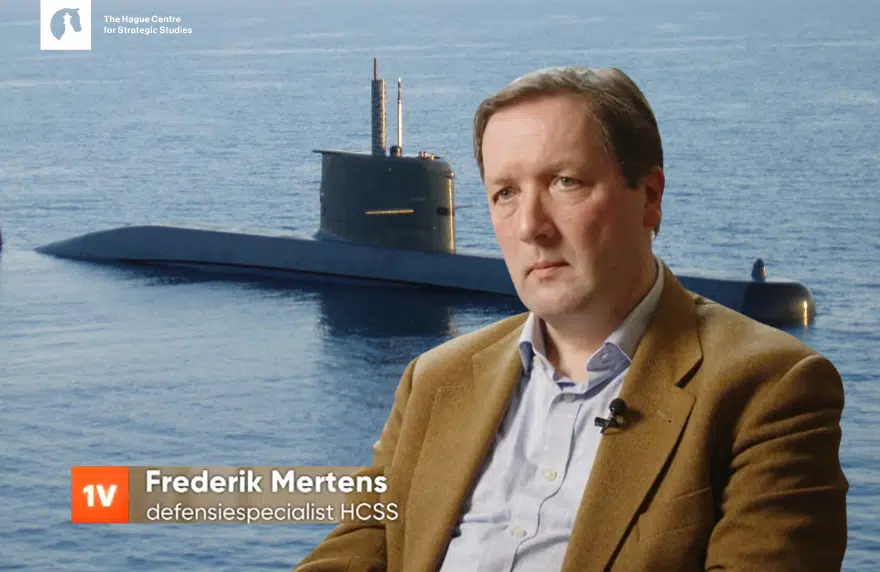De discussie die het SCP met het onderzoek ‘Verschil in Nederland’ heeft aangezwengeld gaat inmiddels alleen nog maar over de elite. Veel Nederlanders verafschuwen die, om haar schurkerige zelfverrijking én het feit dat zij voorstander is van immigratie. De hardwerkende Nederlander wordt dus door die elite op twee manieren gepakt: hij wordt erdoor uitgemolken en de elite staat toe dat allochtonen, met hun rare religies en gebruiken, zijn baan inpikken.
In het debat van de afgelopen week ontstond het beeld dat dit soort wij-zij denken een typisch Nederlands fenomeen is. Dat is het natuurlijk niet. Het meest opmerkelijke van onze tijd is dat overal ter wereld elites onder druk staan.
De Arabische opstanden waren een typische opstand tegen de autocratische elite. Toen de voedsel- en grondstoffenprijzen de pan uitrezen en de regerende elites de terugval in koopkracht niet konden repareren, sloeg de vlam in de pan. Het had allemaal weinig met de behoefte aan vrijheid en democratie te maken, zoals in het naïeve Nederland werd gedacht.
Assertief beleid
In China maken de leiders zich zorgen over hun sociale contract met de bevolking. Als de economische groei afneemt, kan de bevolking in opstand komen. Daarom voeren de Chinese leiders een assertief beleid om toegang tot grondstoffen te krijgen. Want zonder die grondstoffen is er geen welvaart.
In Amerika is mede als gevolg van de financiële crisis de Tea Party-beweging een machtsfactor geworden. Die zet zich hard af tegen de spilzucht van de elite in Washington. In Europa moet Brussel het ontgelden. Alles was misgaat in de lidstaten van de Unie is het gevolg van dat oncontroleerbare, technocratische, zakkenvullende elitebolwerk, genaamd EU.
En in de lidstaten zelf is het al niet veel beter. In landen als België, Spanje en het Verenigd Koninklijk willen delen van het land, gedreven door wrok ten opzichte van de heersende elite in een verafgelegen hoofdstad, zich afsplitsen.
In alle hiervoor genoemde gevallen zijn economische problemen en gebrekkige solidariteit de boosdoeners. Vlamingen voelen zich gedwongen Walen te subsidiëren, Noord-Europa voelt de dwang Zuid-Europa te steunen, en armen vinden dat ze recht hebben op het geld van de rijken.
Revolutie
Al eeuwen is de legitimiteit van een elite afhankelijk van de welvaart en veiligheid van de massa. Staan die onder druk, dan staat de elite onder druk. In het ernstigste geval volgt revolutie; in andere gevallen wrijvingen, en trekt de elite zich terug of vertrekt naar het buitenland. Inmiddels schijnt de helft van de Quote 500-elite zich in het buitenland te hebben gevestigd. Geld weg, belastinginkomsten weg. Het gevolg is dat Nederland armer wordt.
De oorzaak van al die haat is de mondialisering die door het westerse machtsverval in een hogere versnelling is gekomen. De conclusie van mijn boek ‘5 over 12’ was dat de elite hierop een antwoord moet vinden.
Aanpassingsvermogen is het sleutelbegrip, maar veel burgers vrezen de toekomst en houden vast aan wat ze hebben. Als de politiek-bestuurlijke elite niet kan aangeven hoe wij ons geld in die snel veranderende wereld gaan verdienen, zal die aanpassing er nooit komen en zullen de tegenstellingen alleen maar toenemen.
De column van Rob de Wijk verschijnt wekelijks in Trouw.


